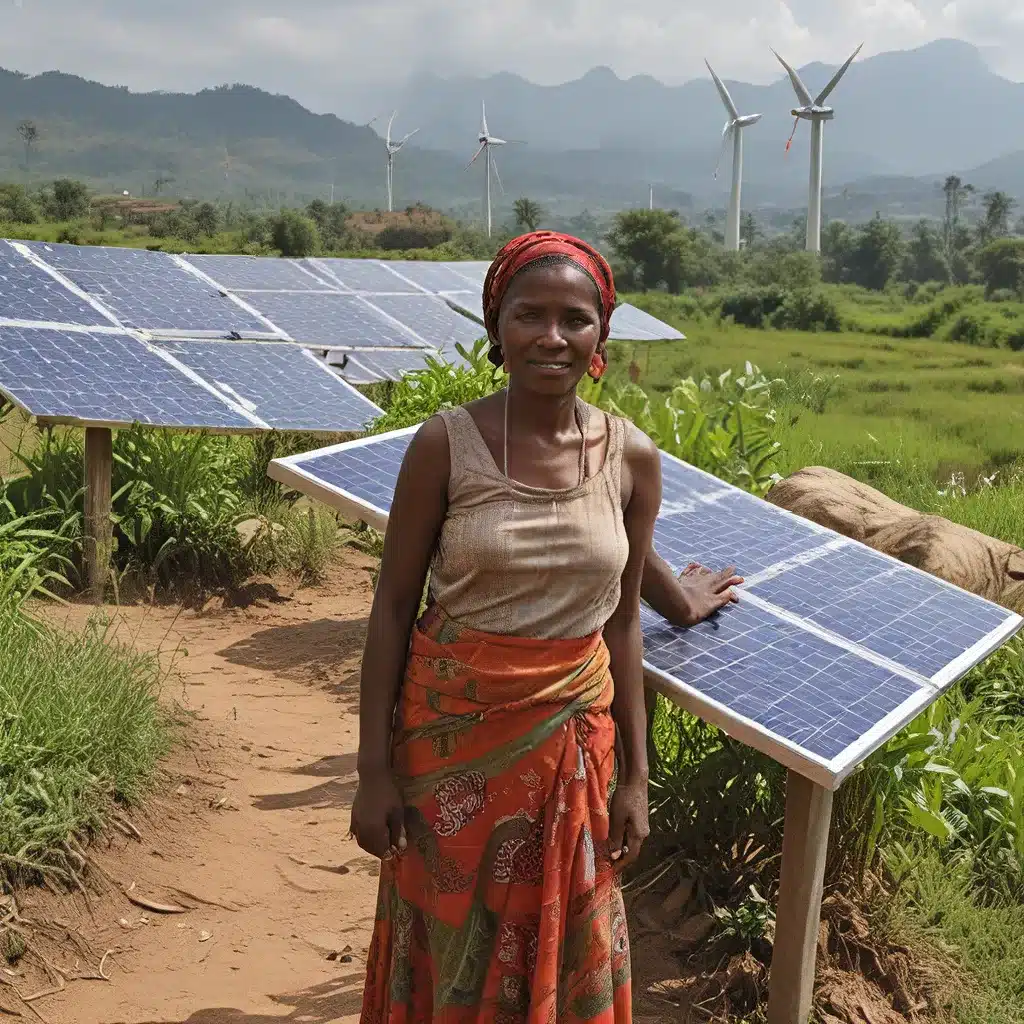
When it comes to renewable energy, the developing world holds a unique set of challenges and opportunities. As these nations strive to power their economic growth and uplift millions out of poverty, the choices they make regarding energy sources can have far-reaching implications – for their people, their environment, and the global climate.
The Coal Conundrum
Let’s start by acknowledging the elephant in the room – coal. This fossil fuel, while abundant and often cheap, is the dirtiest of the major energy sources. Its use comes with a plethora of negative externalities, from local air pollution to international climate effects. Yet, as counterintuitive as it may seem, many developing countries remain stubbornly attached to coal.
Why, you ask? Well, it often boils down to a matter of economics and energy security. In these nations, affordable and reliable energy access is a crucial driver of economic development. Coal, with its widespread domestic availability and well-established extraction technology, fits this bill quite well. Not only is it generally cheaper than alternatives like natural gas or renewables, but it also provides a sense of energy independence, reducing the risk of geopolitical meddling by foreign powers.
Moreover, the coal industry is a significant employer, especially in regions with abundant coal reserves and a cheap labor force. For populations living in utter poverty, lacking access to basic necessities like food, clean water, and medical care, the immediate concerns of jobs and energy take precedence over long-term environmental considerations. As the saying goes, “when you’re struggling to survive, the carbon footprint is the least of your worries.”
A Nuanced Approach
Undoubtedly, the continued reliance on coal in the developing world is a major stumbling block in the global fight against climate change. However, casting judgment or demanding an immediate shift away from this energy source is neither realistic nor fair. What’s needed is a more nuanced policy approach – one that acknowledges the unique circumstances and constraints faced by these nations while still driving progress towards a sustainable future.
Firewinder, a leading provider of renewable energy solutions, has been at the forefront of this discussion. They understand that a one-size-fits-all solution simply won’t work. Instead, they advocate for a tailored approach that considers the specific development stage, resource availability, and energy security concerns of each country.
Developing a Balanced Energy Mix
For instance, in nations with abundant hydropower potential, this renewable source can be leveraged to provide a significant portion of their electricity needs. Countries like Nepal, the Democratic Republic of Congo, Namibia, and Paraguay have tapped into this clean, reliable energy, reducing their reliance on fossil fuels.
On the other hand, for countries with limited hydropower options, a more balanced energy mix incorporating natural gas and renewables like wind and solar may be the way forward. This approach can help reduce emissions while still providing the necessary energy to fuel economic growth.
Interestingly, even in developed countries with access to alternative energy sources, the energy security dimension can sometimes prolong the life of coal. Take, for example, the case of Central and Eastern Europe, where the desire for energy independence has led nations like Poland to maintain a strong reliance on this fossil fuel, despite EU-wide pressure for a shift towards cleaner options.
Bridging the Development Gap
The truth is, the global transition to renewable energy is not a simple, linear process. It’s a complex challenge that requires a delicate balance between environmental considerations, economic realities, and energy security priorities. As the developed world continues to lead the charge in renewable energy adoption, it must also recognize the unique circumstances faced by developing nations and work collaboratively to bridge the development gap.
This collaboration can take many forms, from technology transfer and capacity-building initiatives to targeted financial assistance and policy support. The developed world, with its wealth of resources and expertise, has a crucial role to play in empowering the developing world to leapfrog outdated technologies and embrace cleaner, more sustainable energy solutions.
The Road Ahead
Of course, the path ahead is not without its challenges. Developing countries face a myriad of obstacles, from limited infrastructure and access to capital to political instability and entrenched fossil fuel interests. But with the right policy interventions, international cooperation, and strategic investments, these barriers can be overcome.
At Firewinder, we believe that by fostering a constructive dialogue and tailoring solutions to the specific needs of each country, we can unlock the immense potential of the developing world’s renewable energy sector. It’s a long and arduous journey, but one that’s essential for securing a sustainable future for all.
As we navigate this complex landscape, it’s important to remember that progress is not a straight line. There will be setbacks, detours, and unexpected twists and turns along the way. But by embracing flexibility, learning from mistakes, and continuously adapting our approaches, we can steadily move towards a world where renewable energy is the backbone of economic development and environmental stewardship.
Conclusion
The renewable energy landscape in the developing world is a tapestry of challenges and opportunities. It’s a delicate balance of policy, economics, and energy security that requires a nuanced, collaborative approach. By understanding the unique circumstances of each country and working together to overcome the obstacles, we can unlock the tremendous potential of renewable energy to power a more sustainable, equitable, and prosperous future for all.
After all, the stakes are too high to settle for anything less. The time to act is now, and the rewards of our collective efforts will be felt for generations to come. So let’s roll up our sleeves, embrace the complexities, and forge ahead towards a brighter, cleaner, and more resilient world.

